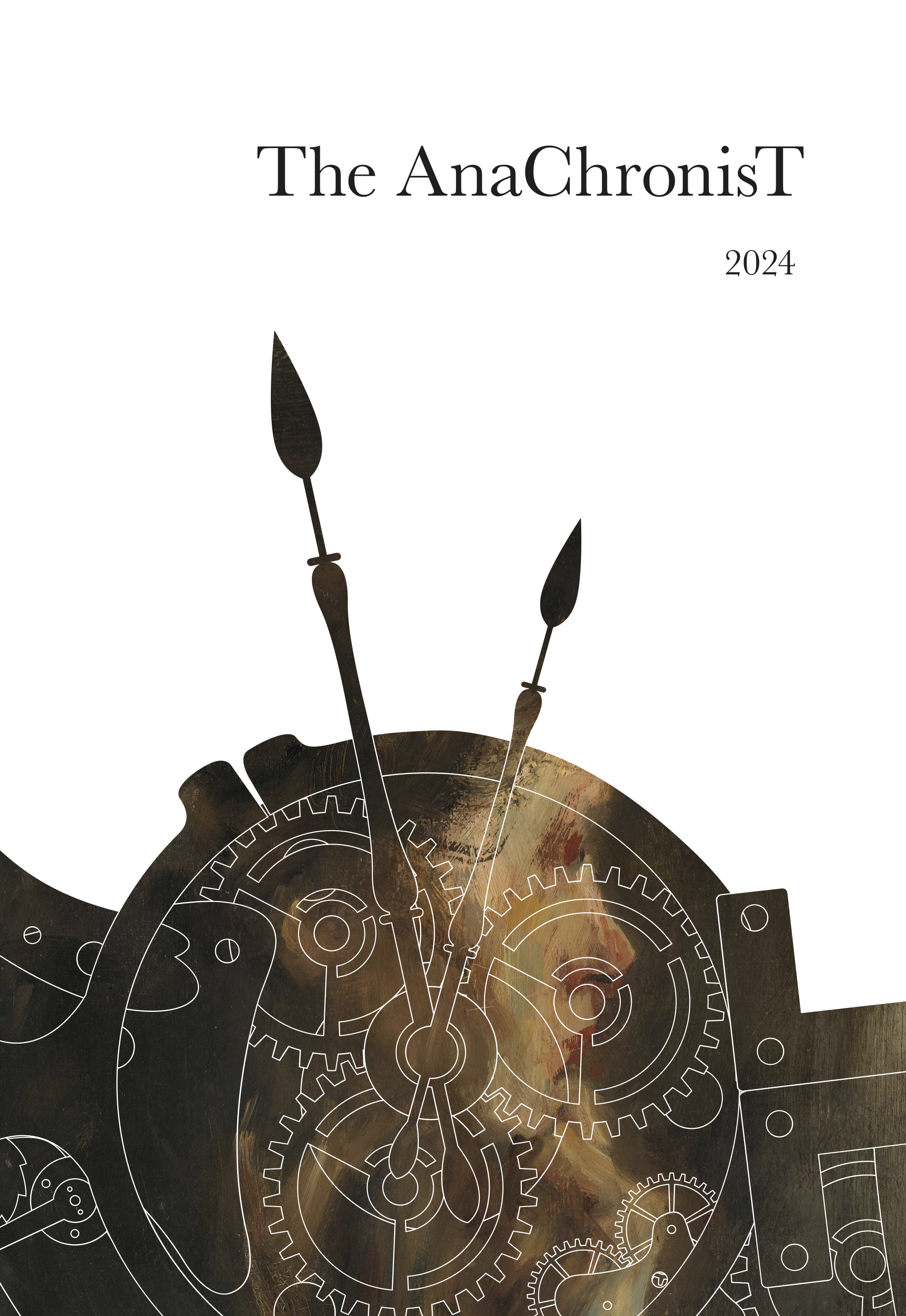Cosmopolitanism and Neocitizenship in Teju Cole’s Open City and Zadie Smith’s NW
DOI:
https://doi.org/10.53720/HNSO9119Abstract
This paper examines the possible new dimensions of the cosmopolitan disposition and a phenomenon that can be called neocitizenship in two contemporary literary works, Teju Cole’s Open City and Zadie Smith’s NW. The main question the paper explores is how literary narratives portray the clash of cosmopolitan attitudes with material and economic interests in contemporary neoliberal societies. It is argued that some characters can theoretically identify with the classical, human-centric idea of cosmopolitanism based on the principle of fair treatment, but it remains an unattainable utopia because they bump into obstacles when putting principles into practice. Julius is an example of this attitude in Cole’s Open City. Other characters, such as Natalie in NW, exemplify the pragmatic notion of self-entrepreneurial neocitizenship which is constrained by the inhuman practices of neoliberalism. They are flexible and opportunistic characters who work meticulously to achieve personal success and seem successful on the surface. However, it turns out that both of these characters, who believe in cosmopolitan ethics and are more down-to-earth neocitizens, only chase a mirage and eventually fail in the novels, which can be retraced to the fact that they live in denial and are unable to come to terms with past deeds.

